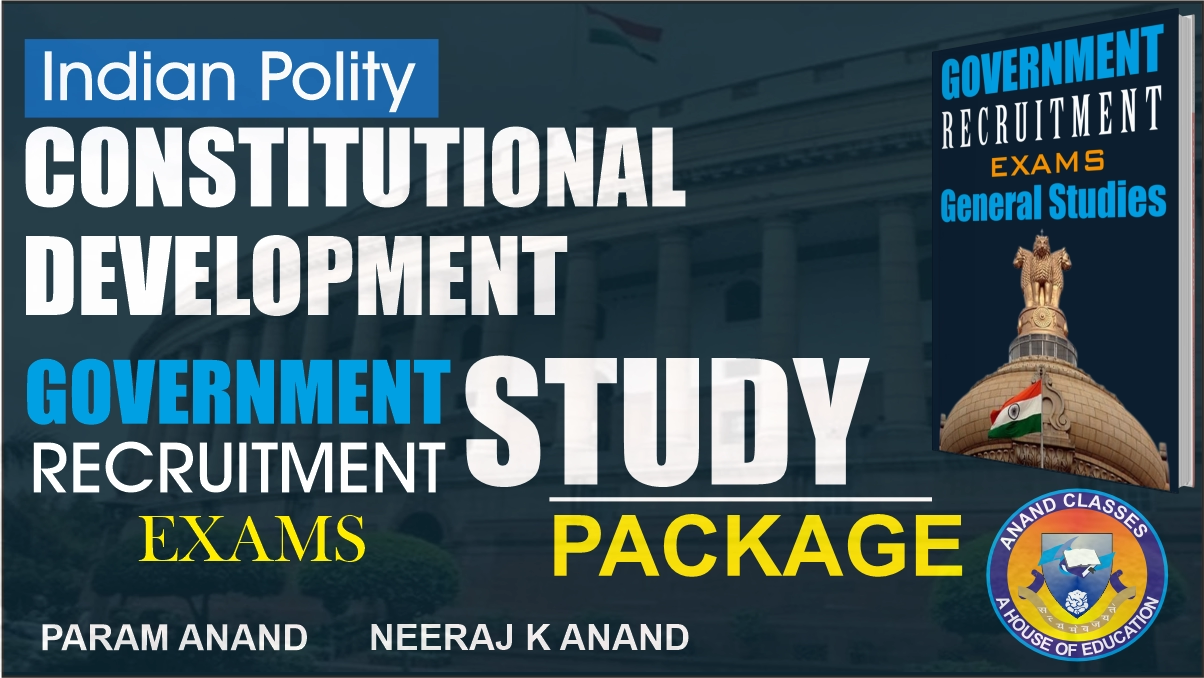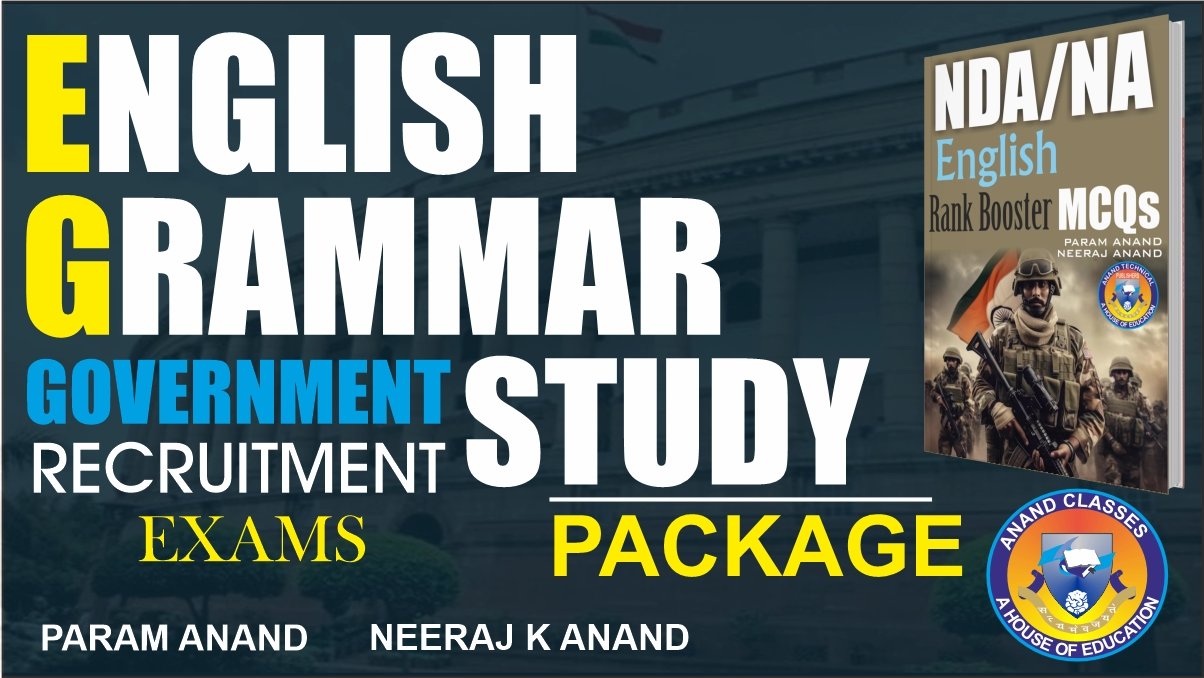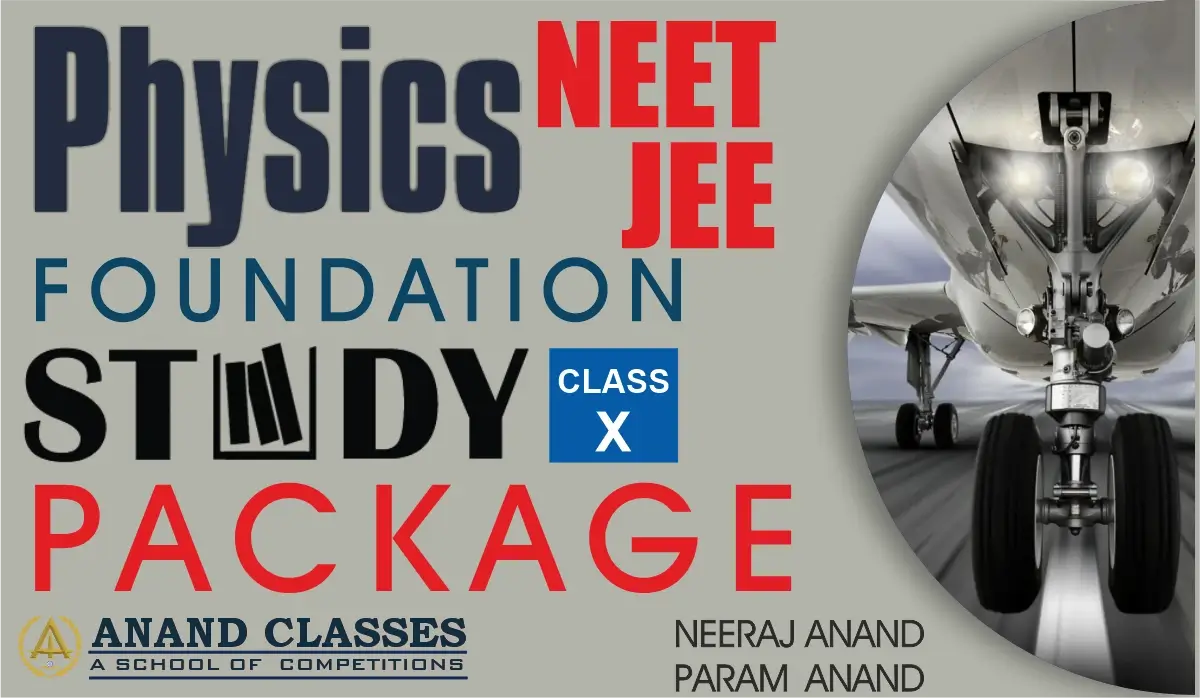NIRMAL ANAND Educations
Written by: Neeraj Anand
Published by: Anand Technical Publishers
Under: Anand Classes
Contact: +919463138669
Email: anandclasses1996@gmail.com
Buy Complete Study Material: Click Here
Introduction
Understanding the concepts of Liberty, Equality, and Fraternity is crucial for competitive exams like NDA, CDS, UPSC, AFCAT, RRB, IBPS-PO, SSC, KVS, and CLAT. These fundamental principles form the foundation of democracy and social justice.
1. Concept of Liberty
Q1: What is Liberty?
A: Liberty refers to the freedom of individuals to think, express, and act without unreasonable restrictions. It is essential for a democratic society.
Q2: What are the types of Liberty?
A: The main types of liberty include:
- Political Liberty – Right to vote and participate in governance.
- Civil Liberty – Freedom of speech, religion, and association.
- Economic Liberty – Right to work and earn a livelihood.
Q3: How is Liberty ensured in a Democracy?
A: Liberty is protected through a constitution, fundamental rights, independent judiciary, and rule of law.
2. Concept of Equality
Q4: What is Equality?
A: Equality means all individuals are treated fairly and have equal rights under the law, regardless of race, caste, gender, or religion.
Q5: What are the different types of Equality?
A:
- Social Equality – No discrimination based on caste, race, or gender.
- Political Equality – Equal voting rights and participation in governance.
- Economic Equality – Equal opportunities to earn a livelihood.
Q6: How does the Constitution of India ensure Equality?
A: The Indian Constitution ensures equality through Fundamental Rights (Article 14-18) and policies like reservations for underprivileged communities.
3. Concept of Fraternity
Q7: What is Fraternity?
A: Fraternity refers to a sense of brotherhood and unity among people, promoting social harmony.
Q8: How is Fraternity promoted?
A: Fraternity is promoted through:
- Equal rights and opportunities for all.
- Respect for human dignity.
- Social justice and economic equity.
FAQs on Liberty, Equality & Fraternity
Q9: Why is Fraternity important in a democracy?
A: Fraternity strengthens national unity, reduces discrimination, and promotes peaceful coexistence.
Q10: What is the relationship between Liberty and Equality?
A: Liberty allows individuals to express themselves freely, while equality ensures that everyone has the same rights and opportunities. Both are necessary for a fair society.
Q11: What are the threats to Liberty, Equality, and Fraternity?
A: Some major threats include:
- Discrimination and social inequality.
- Political corruption.
- Restrictions on free speech and expression.
MCQs on Liberty, Equality & Fraternity
Q12: Which of the following is NOT a type of Liberty?
A) Political Liberty
B) Social Liberty
C) Economic Liberty
D) Religious Liberty
Answer: B) Social Liberty
Explanation: Social Liberty is not a separate category; it is covered under civil and political liberties.
Q13: Which article of the Indian Constitution ensures Equality before the Law?
A) Article 14
B) Article 19
C) Article 21
D) Article 32
Answer: A) Article 14
Explanation: Article 14 guarantees equality before the law and equal protection under it.
Q14: Which principle ensures the feeling of brotherhood among citizens?
A) Liberty
B) Equality
C) Fraternity
D) Sovereignty
Answer: C) Fraternity
Explanation: Fraternity promotes unity, brotherhood, and respect for human dignity.
Q15: What is the main objective of Equality in a Democracy?
A) To provide economic growth
B) To ensure that everyone has equal opportunities
C) To promote capitalism
D) To create social divisions
Answer: B) To ensure that everyone has equal opportunities
Explanation: Equality aims to eliminate discrimination and provide fair opportunities to all citizens.
Conclusion
Liberty, Equality, and Fraternity are essential pillars of a democratic society. These values ensure justice, fairness, and social harmony, making them critical topics for competitive exams like NDA, CDS, UPSC, AFCAT, RRB, IBPS-PO, SSC, KVS, and CLAT.
For complete study material, visit Anand Technical Publishers and enhance your exam preparation!
For inquiries, contact:
📞 +919463138669
📧 anandclasses1996@gmail.com




